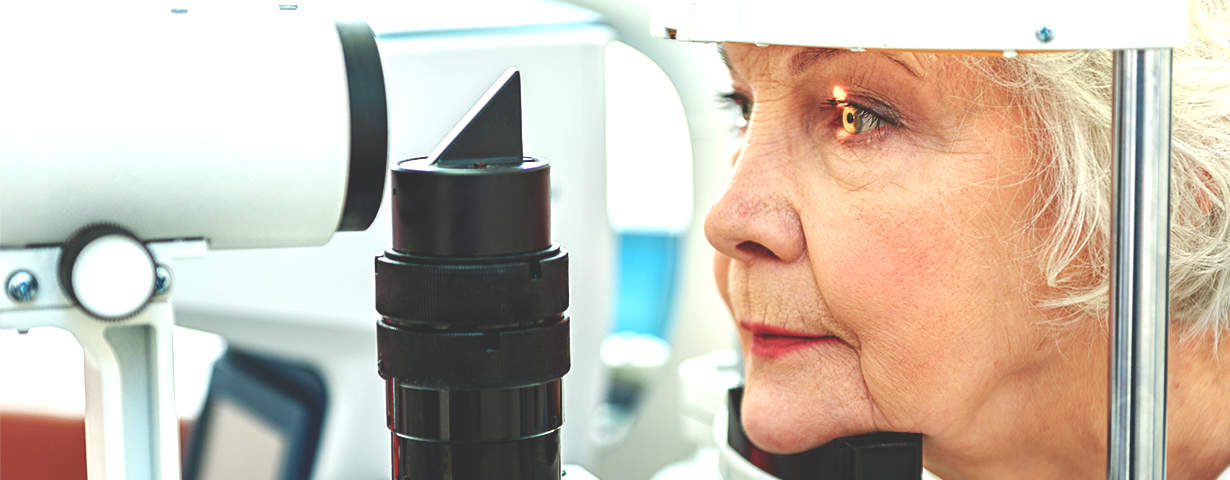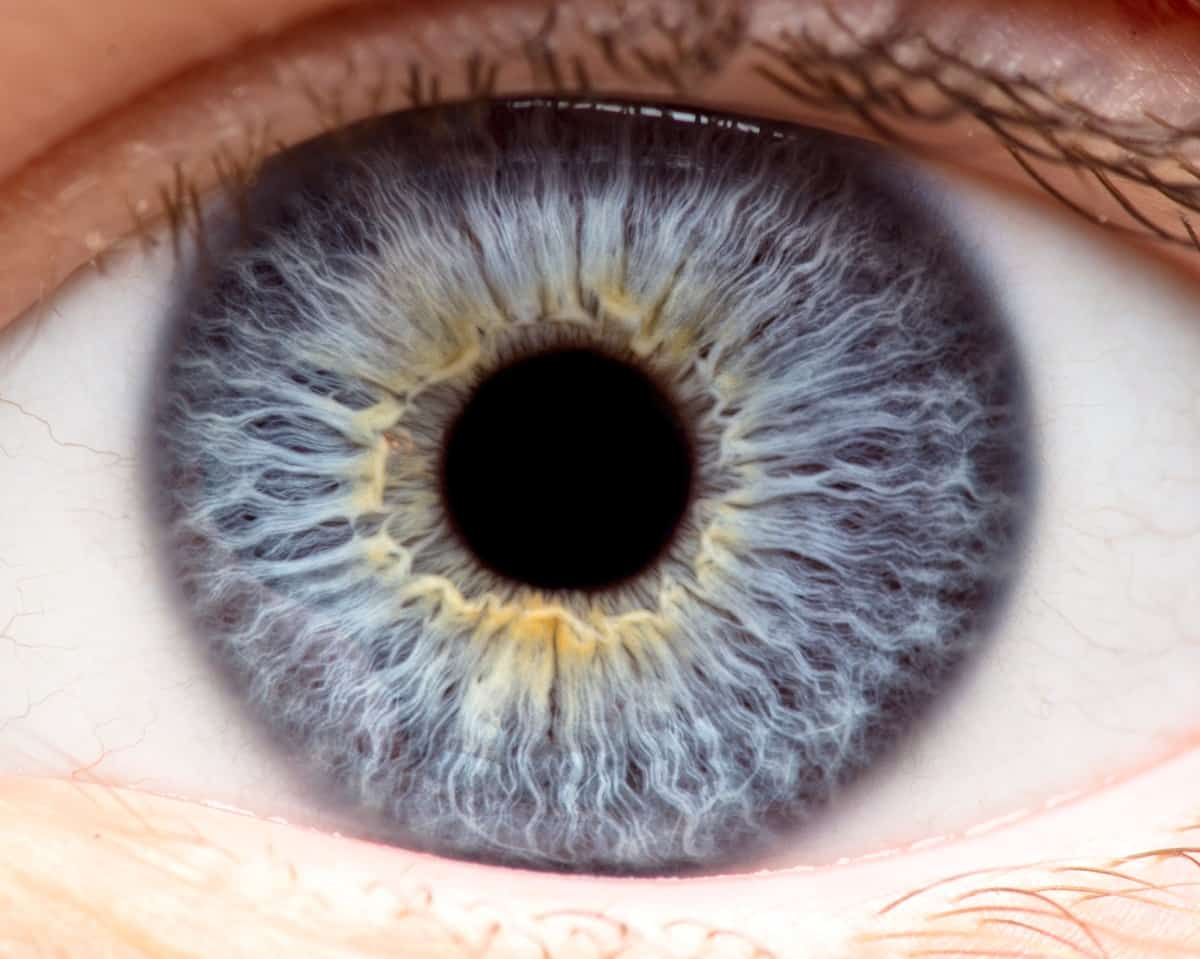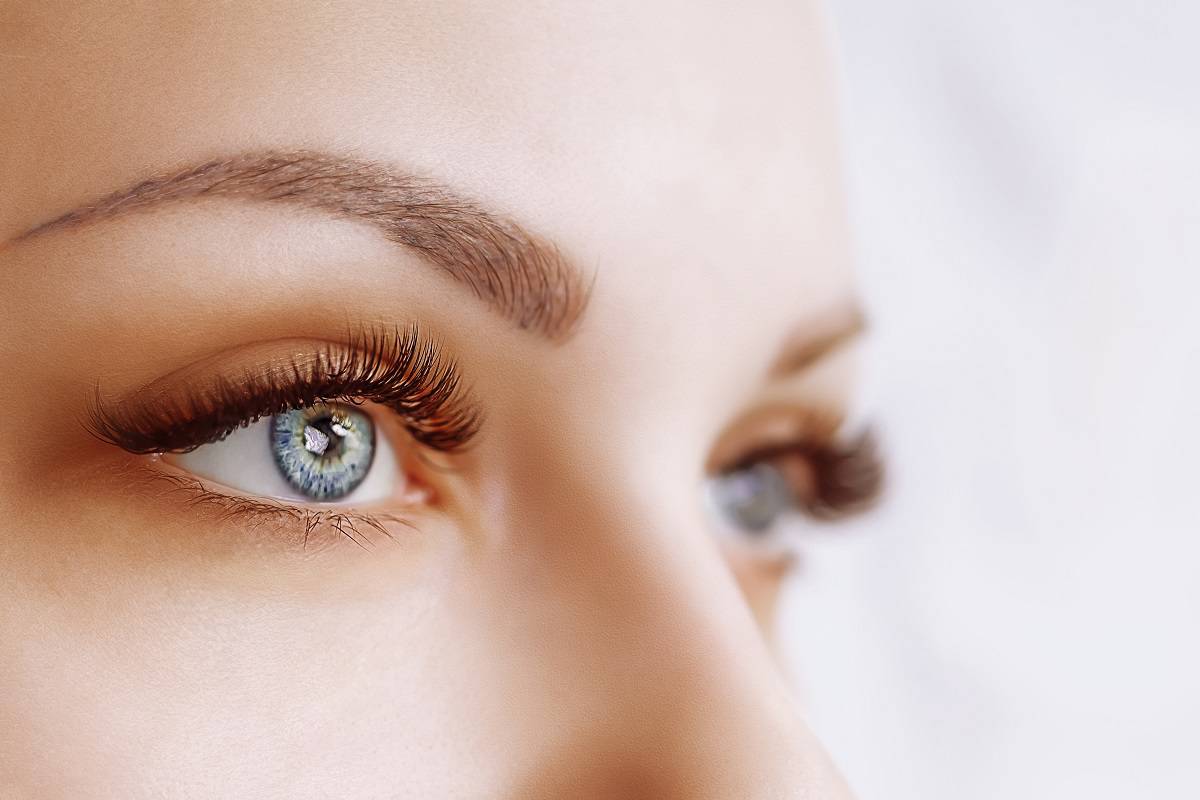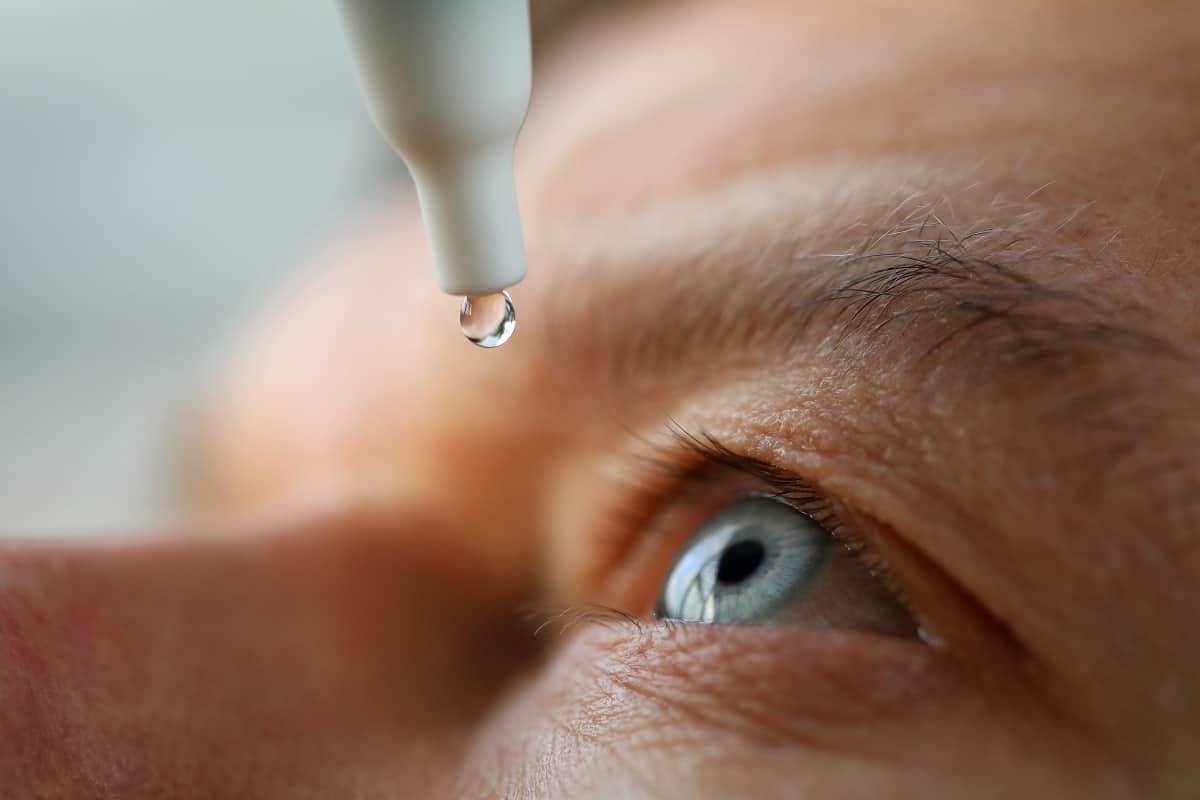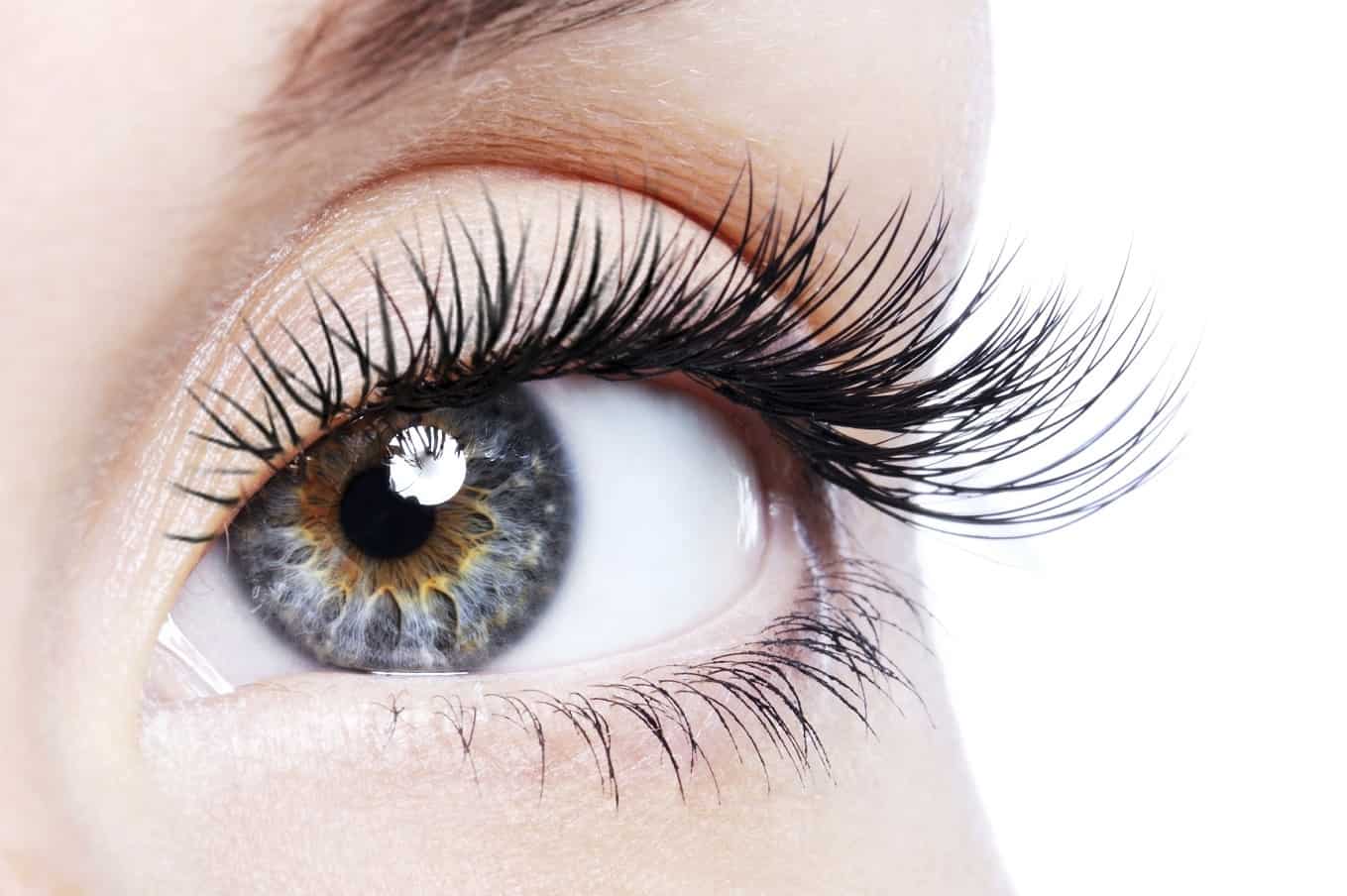Common Corneal Problems to Look Out For
The transparent dome that serves as the outermost layer of the eye is known as the cornea. The cornea has the important job of focusing the light that enters the eye so that the brain can interpret what the eyes are seeing. It also blocks out ultraviolet rays and prevents foreign particles (like dust) from entering the eye.
At Mittleman Eye, our ophthalmologists understand how critical corneal health is. They have provided the following list of common corneal conditions to make patients aware of potential problems.
Keratitis
Keratitis is inflammation of the cornea. It mainly affects people who wear contact lenses. Some people who are diligent with contact lens cleanliness may inadvertently put bacteria, viruses or fungi into their eye, which of course irritates the cornea. Medication may be necessary to treat keratitis.
Dry Eye
Under normal circumstances, the eye produces tears that spread across the cornea to keep it lubricated. However, if the eye produces either weak tears or an insufficient number of tears, a person can develop dry eye. Chronic dry eye is marked by a stinging or burning sensation and a sensitivity to light. Fortunately, there are multiple ways these symptoms can be alleviated, the easiest being medicated eyedrops.
Corneal Laceration
While a corneal abrasion is a superficial injury to the eye that usually heals itself within a few days, a corneal laceration warrants serious attention. A laceration goes deeper than an abrasion, either partially or fully through the cornea and poses risks to the ongoing health of the eye. It is important to have a physician examine a laceration to determine whether medication or surgery is necessary.
Pterygium
Pterygium is a condition in which a fleshy tissue grows on the white part of the eye. It can grow large enough that it starts to cover some of the cornea, which then impacts vision. While the exact cause is unknown, it is found most commonly in people in sunny or beachy climates, like here in southern Florida.
Keratoconus
Keratoconus gradually thins the cornea and changes its shape. As the condition progresses, the cornea becomes more bulbous which can have a serious impact on one’s vision. Moreover, it is harder to correct vision when a contact lens can no longer fit over the cornea. Interventions, particularly corneal cross-linking, have proven effective at minimizing the damage keratoconus causes.
Meet with Our Doctors
If you are concerned that you have developed a problem with your cornea, the outstanding team of doctors at Mittleman Eye would be happy to examine your eye and work out a treatment plan to preserve your vision and alleviate any discomfort. It is easy to make an appointment with us: call or text (561) 500-2020 or schedule one online!
















